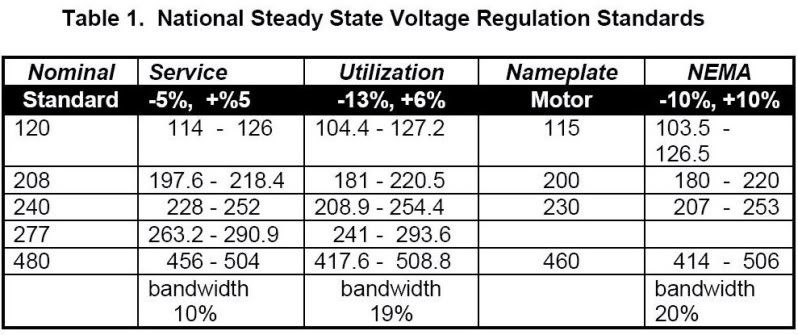Buck Parrish
Senior Member
- Location
- NC & IN
A pizza oven with a name plate 29 amps 208 v. How long do you think it will last on 240 v ? It does have a motor to move it from front to back.
How long will it last is anyones guess. I have 240 volts supplying a single phase, 208 volt, fan driven space heater in my garage that I've used occasionally for the past 5 years and it's still working.
How long, and what gauge, is the garage's feeder?How long will it last is anyones guess. I have 240 volts supplying a single phase, 208 volt, fan driven space heater in my garage that I've used occasionally for the past 5 years and it's still working.
How long, and what gauge, is the garage's feeder?
Does the fan go faster?
The oven would heat up quicker, but once it gets up to temp it would start cycling the heaters say a duty cycle of 40% instead of 50% to maintain the same temp.
I've seen many companies do this with heaters. Very common for American manufacturers to get in European equipment with 400V heaters and run them 480V. Not saying it is code, but common.
The difference between the nominal is 15 percent, I forget the range utility companies aim for, but I think it is 10 percent.

As far as Infinity and his garage ........ well there are a lot of things I would do at my own house I would not do for a customer.:smile: Supplying a 208 appliance with 240 is a violation and not something I would do for a customer.
I agree, I wouldn't hook this up for a client. The heater was almost brand new and the price was right, free, right out of the dumpster. Seems that someone used for one winter to heat a material locker. Spring came and out it went. I figured that since it was in my own garage I can deal with it if went up in smoke. Although it gets very intermittent use it's still going.
I would not violate 110.4 for a customer.
Neither would I, but he was asking what would happen... If I picked up a 208 pizza oven off craigslist, my wife would hate me, but I would be having yummy crispy pizza tonight.
I would hook it up after explaining the situation to the owner!
If this is the case it may work fine ....... or it may produce a pizza cooked on the outside but not on the inside ..... or a hi temp safety stat may cycle on and off which is not a good thing ........ or the outer case may get hotter then designed or safe. My point is we do not know, it was not listed for this use at a higher voltage.
So you're not going to hook up a man's pizza oven because the pie may come out too crispy? :grin:
